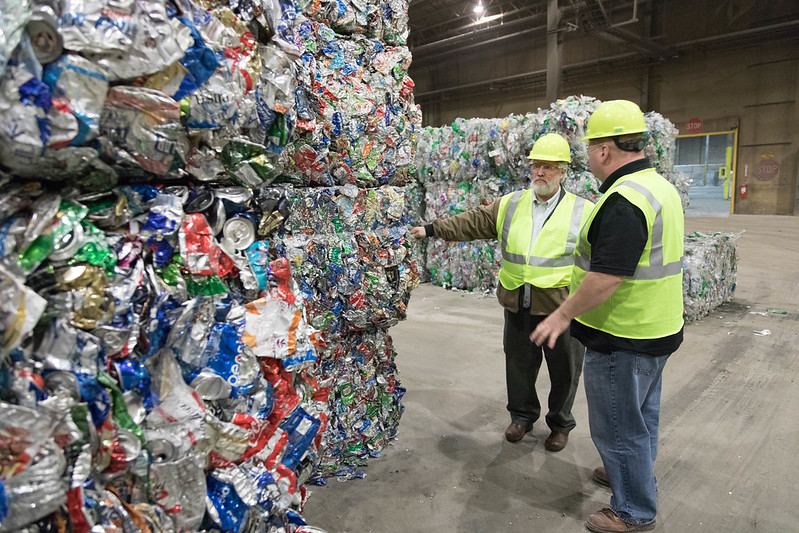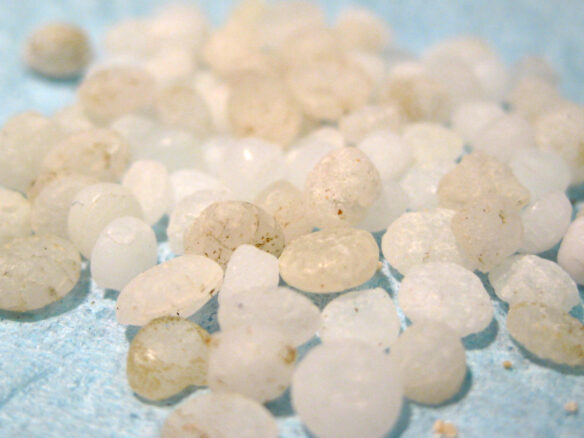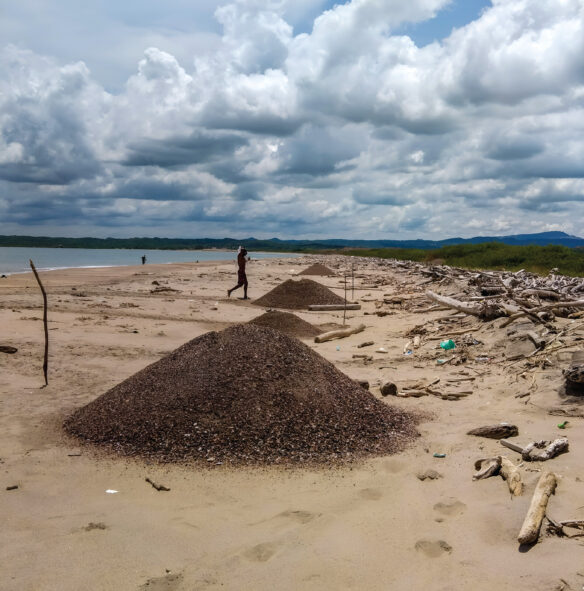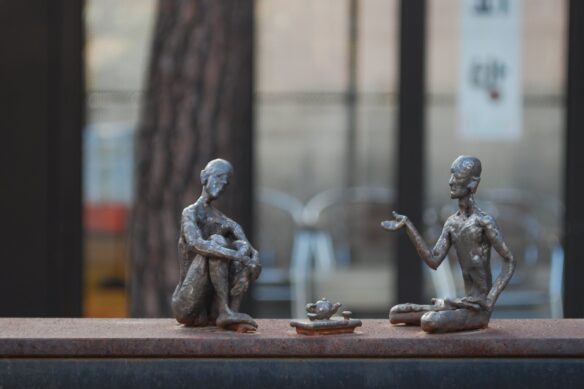Excerpt:
Millions around the world make a living from picking through waste and reselling it—a vital role that keeps trash manageable but is being squeezed by government policies.
Who owns our trash? It’s a heated question being asked by waste pickers around the world who are uniting to fight for their survival. What we throw away, they insist, should be available to all.
Globally, up to 56 million people collect and resell the metal, glass, cardboard, and plastic that the rest of us toss.
The United States Supreme Court in 1988 ruled that household garbage is public property once it’s on the curb. That enables police to search trash for criminal evidence, but that protection hasn’t always been extended to people who collect recyclables.
And in places like New York City, which is testing city-owned locked containers to hide trash from rats, waste pickers are being kept from a sustainable income.
“These containers are made explicitly inaccessible,” says Ryan Castalia, executive director of Sure We Can, a nonprofit recycling and community center in Brooklyn. “There’s value in the waste, and we feel that value should belong to the people, not the city or the corporations…”









